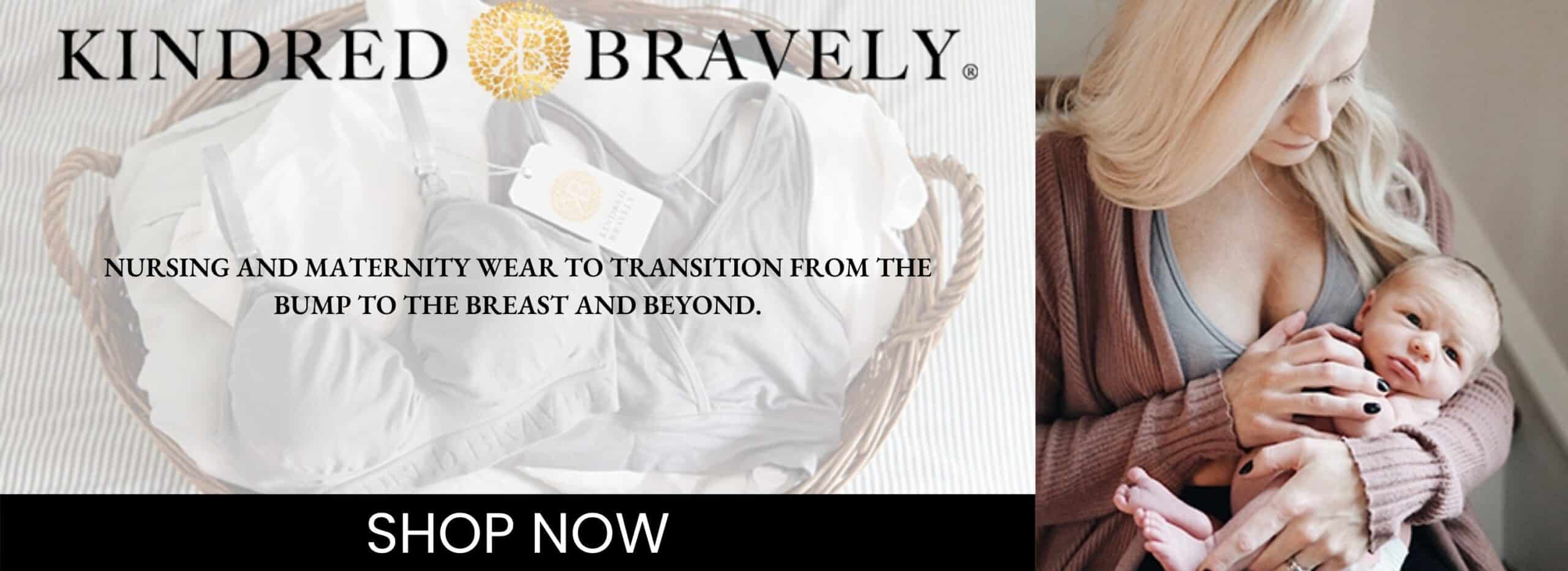By Barbara Krooss —
Breastfeeding is more popular than it’s been for decades for all sorts of reasons, not the least of which is the well-documented shortage of certain baby formulas that was brought about by pandemic-related supply chain problems. The certainty of mother’s milk, obviously, is pretty reassuring for parents who might otherwise be frantic over shortages of formula for their infants.
But breastfeeding had been tracking up well before COVID-19 became a household name. In fact, after decades of decline, it’s now estimated that almost 85 percent of mothers at least start breastfeeding their infants at birth, with close to 60 percent continuing the practice for six months, the Centers for Disease Control (CDC) reports.
The potential benefits to babies are significant, according to the American Academy of Pediatrics (AAP). Breastfeeding can lessen their risk of getting respiratory and gastrointestinal infections as well as celiac disease, allergic diseases and inflammatory bowel disease. The AAP reports it may also reduce the chance of sudden infant deaths and combat general infant mortality. Older children who were breastfed may also be less prone to neurological problems, diabetes, obesity, childhood leukemia and lymphoma.
Babies aren’t the only ones to benefit, however. Mothers also gain from an expanding array of health benefits. Recent research suggests that women who breastfed reduce their risk of cognitive decline, cardiovascular disease, strokes, diabetes and even some cancers as compared to those mothers who relied exclusively on baby formula. These tantalizing possibilities only add to breastfeeding’s previously recognized benefits such as the decreased risk of postpartum depression, a stronger mother-infant bond, and the “feel-good” effects of oxytocin released while nursing.
The quantifiable degree of health risks between those who breastfed and women who didn’t is particularly striking. A study by the Austrian Study Fund reported recently that women who breastfed were 14 percent less likely to develop coronary heart disease, 12 percent less likely to suffer strokes and 17 percent less likely to die early from cardiovascular disease.
“It’s important for women to be aware of the benefits of breastfeeding for their babies’ health and also their own personal health,” explained Peter Willeit, the study’s senior author and a professor at the Medical University of Innsbruck. “Moreover, these findings from high-quality studies conducted around the world highlight the need to encourage and support breastfeeding, such as breastfeeding-friendly work environments and breastfeeding education and programs for families before and after giving birth.”
Another curious benefit to breastfeeding was reported by the University of California – Los Angeles. University researchers who analyzed data collected in women during two trials discovered that moms who breastfed their children performed better on cognitive tests later in life than those who hadn’t.
“Our findings, which show superior cognitive performance among women over 50 who had breastfed, suggest that breastfeeding may be ‘neuroprotective’ later in life,” explained Molly Fox, the study’s lead author who is also an assistant professor at the university.
Why these women had a cognitive edge later in life is still unclear. However, Fox and her colleagues have some theories.
“What we do know is that there is a positive correlation between breastfeeding and a lower risk of other diseases such as type-2 diabetes and heart disease and that these conditions are strongly connected to a higher risk for Alzheimer’s Disease,” reported senior author Helen Lavretsky, MD, a professor at UCLA’s Semel Institute for Neuroscience and Human Behavior.
The cognitive gains may also stem from the earlier-recognized benefits of breastfeeding, added Fox.
“Because breastfeeding has also been found to help regulate stress, promote infant bonding and lower the risk of postpartum depression, which suggests acute neurocognitive benefits for the mother, we suspected that it could also be associated with long-term superior cognitive performance for the mother as well,” she noted.
If these benefits are enough to convert more women to breastfeed their babies, there is also a significant financial gain to the practice. Having baby food “on tap” can save money, not to mention being pretty convenient as well. La Leche League, which promotes breastfeeding, estimated that families spent at least 6 percent of their household wages on baby formula during a child’s first two years.
Will the growing list of child, mother and financial benefits harken the end of baby formula? Highly unlikely. But it will probably encourage a growing hybrid mix of baby nutrition that increasingly relies on breastfeeding.













